Understanding Dog Snorting: Causes, Symptoms, and Care
Dogs are wonderful companions, and their various sounds and behaviors can bring joy to any household. However, when a dog starts snorting as if it can't breathe, it can be a cause for concern among pet owners. In this comprehensive article, we will explore the potential reasons behind a dog's snorting behavior, the associated symptoms, and what pet owners can do to ensure their furry friend's well-being.
The Normal Sounds of Canine Breathing
Before delving into the causes of dog snorting, it's essential to understand the normal sounds of canine breathing. Dogs may make a variety of noises while breathing, ranging from snorts and snuffles to light snores. These sounds are often harmless and can be a part of normal respiratory patterns.
Why Does My Dog Snort like He Can't Breathe?
1. Brachycephalic Breeds: Dogs with short noses and flat faces, such as Bulldogs, Pugs, and French Bulldogs, are more prone to snorting due to their anatomical features. These breeds may experience respiratory challenges, making snorting more noticeable, especially during excitement or physical activity.
2. Nasal Obstruction: Foreign objects, allergies, or infections can lead to nasal obstruction, causing a dog to snort as it struggles to breathe through the nose.
3. Reverse Sneezing: This is a common and harmless behavior in dogs, often mistaken for snorting. It occurs when a dog inhales rapidly and noisily through the nose, making a sound similar to snorting. Reverse sneezing is usually triggered by excitement, irritation, or postnasal drip.
4. Allergies: Dogs, like humans, can experience allergies to environmental factors like pollen, dust, or certain foods. Allergic reactions may manifest as snorting, sneezing, or nasal congestion.
5. Respiratory Infections: Infections affecting the respiratory system, such as kennel cough or sinusitis, can lead to snorting as the dog attempts to clear its airways.
6. Teeth or Mouth Issues: Dental problems or foreign objects lodged in the mouth can cause a dog to snort in an attempt to clear the obstruction.
Here are some dental issues that may lead to dog-snorting behaviors:
-
Tooth Decay: Decay or cavities in a dog's teeth can lead to infection and inflammation, potentially causing snorting.
-
Abscessed Teeth: Infected or abscessed teeth can result in pain and discomfort, leading to altered breathing patterns, including snorting.
-
Gum Disease: Periodontal disease can cause inflammation of the gums, affecting the surrounding tissues and potentially impacting a dog's respiratory function.
-
Foreign Objects: Objects lodged between teeth or in the oral cavity can cause irritation, discomfort, and altered breathing, including snorting.
7. Excitement or Overexertion: Dogs may snort when they are excited or after engaging in vigorous physical activity. This is typically a temporary and harmless behavior.
Symptoms Associated with Dog Snorting
While occasional snorting may be normal, persistent or severe snorting accompanied by other symptoms may indicate an underlying issue. Pet owners should be attentive to the following signs:
- 1. Difficulty Breathing:
Labored breathing or signs of respiratory distress are red flags that require immediate veterinary attention. - 2. Excessive Sneezing:
If a dog is snorting excessively and sneezing frequently, it may indicate an irritant or infection in the nasal passages. - 3. Discharge from Nose:
Any abnormal discharge, such as mucus or blood, should be investigated by a veterinarian. - 4. Changes in Behavior:
If the snorting is accompanied by changes in appetite, energy levels, or overall behavior, it could signal an underlying health problem. - 5. Pawing at the Face:
Persistent pawing at the face or nose may indicate discomfort or pain associated with the snorting.
When to Seek Veterinary Attention
If a dog's snorting is accompanied by concerning symptoms, it's crucial to consult with a veterinarian promptly. Immediate veterinary attention is warranted in the following situations:
- Severe Difficulty Breathing: If a dog is struggling to breathe or shows signs of respiratory distress, it requires urgent medical intervention.
- Persistent or Worsening Symptoms: If the snorting persists or worsens over time, a veterinarian should assess the underlying cause.
- Blood in Nasal Discharge: The presence of blood in nasal discharge is a significant concern and should be addressed by a veterinary professional.
- Changes in Behavior: Any noticeable changes in a dog's behavior, such as lethargy, decreased appetite, or reluctance to play, warrant a veterinary examination.
Diagnostic Procedures for Dog Snorting
To identify the cause of a dog's snorting, veterinarians may employ various diagnostic procedures, including:
1. Physical Examination: A thorough physical examination allows veterinarians to assess the dog's overall health and identify any visible issues.
2. X-rays: Radiographs of the nasal passages and respiratory system can help detect abnormalities, such as foreign objects, tumors, or infections.
3. Endoscopy: Using a small camera attached to a flexible tube, veterinarians can visualize the inside of the nasal passages and throat to identify issues.
4. Blood Tests: Blood work can provide valuable information about the dog's overall health and identify signs of infection or inflammation.
5. Allergy Testing: If allergies are suspected, allergy testing may be recommended to identify specific triggers.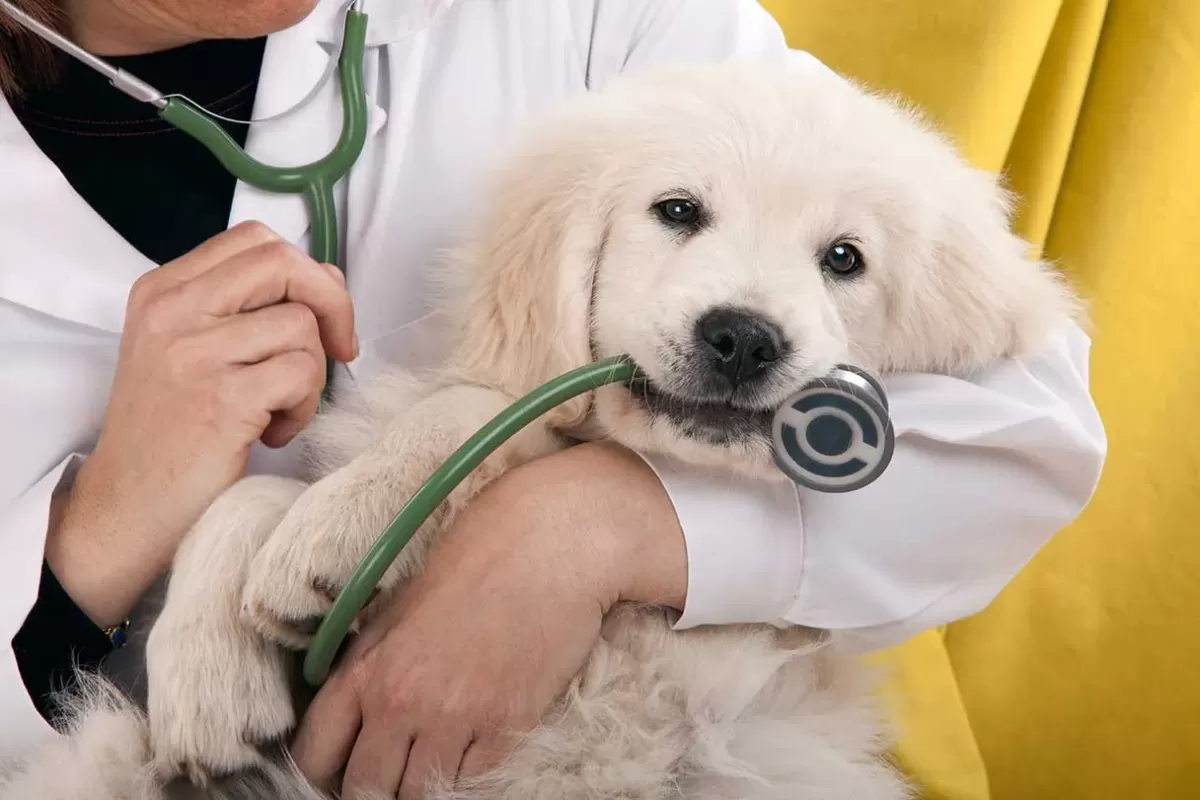
Treatment Options for Dog Snorting
The treatment approach for dog snorting depends on the underlying cause. Treatment options may include:
1. Medications: Antibiotics or antifungal medications may be prescribed for infections, while anti-inflammatory drugs can help alleviate inflammation.
2. Allergy Management: Managing allergies may involve avoiding specific triggers using antihistamines or immunotherapy.
3. Surgical Intervention: In cases of nasal obstructions, tumors, or dental issues, surgical intervention may be necessary.
4. Lifestyle Modifications: For brachycephalic breeds, lifestyle modifications such as weight management and avoiding strenuous exercise in hot weather can help minimize respiratory challenges.
5. Humidification: Adding humidity to the environment can be beneficial for dogs with nasal dryness or irritation.
6. Dental Care: Maintaining good dental hygiene can prevent dental issues that may contribute to snorting.
Pet owners should follow the veterinarian's recommendations and treatment plan to ensure the best possible outcome for their dog's health.
Preventive Measures for Dog Respiratory Health
While some causes of dog snorting may be unavoidable, there are preventive measures pet owners can take to promote overall respiratory health:
1. Regular Veterinary Check-ups: Schedule routine veterinary examinations to monitor your dog's overall health and catch potential issues early.
2. Dental Care: Implement a regular dental care routine to prevent dental problems that could contribute to snorting.
3. Maintain a Healthy Weight: For brachycephalic breeds, maintaining a healthy weight can alleviate respiratory challenges associated with obesity.
4. Allergen Management: Minimize exposure to environmental allergens, especially if your dog has a history of allergies.
5. Provide a Balanced Diet: Ensure your dog receives a well-balanced and nutritious diet to support overall health.
6. Avoid Harmful Substances: Keep harmful chemicals, plants, and substances out of reach to prevent accidental ingestion or irritation.
Conclusion
Dog snorting, while often harmless, can be a sign of underlying issues that require attention. Understanding the potential causes, recognizing associated symptoms, and seeking prompt veterinary care are crucial steps in ensuring your dog's respiratory health. By being proactive in preventive measures and addressing respiratory issues early, you can contribute to your furry friend's overall well-being and provide them with a happy, healthy life.
You May Also Like
View all
Puainta® Natural Hot Spot Spray for Dogs and Cats
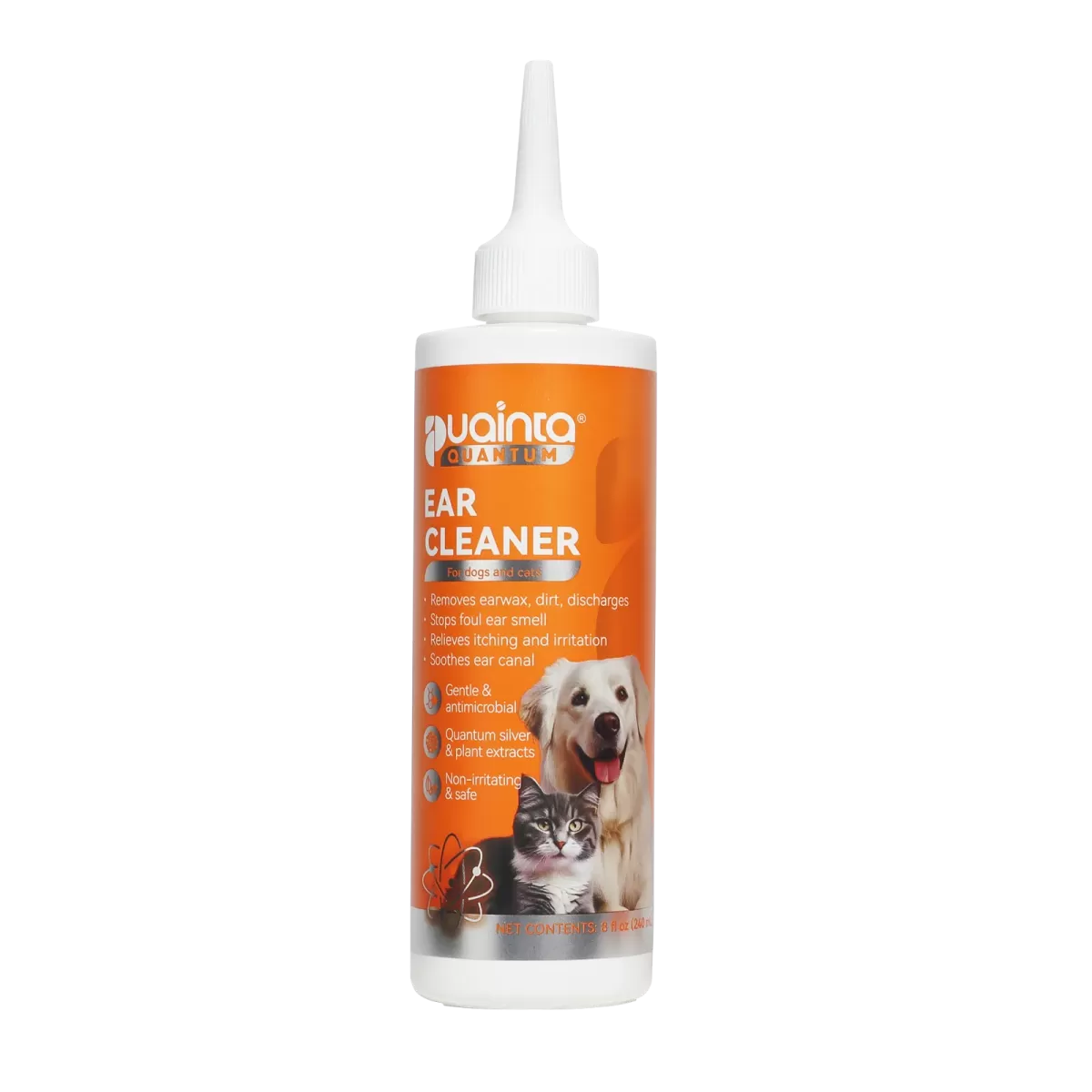
Puainta® Quantum Ear Cleaner for Dog/Cat's Itch Infection
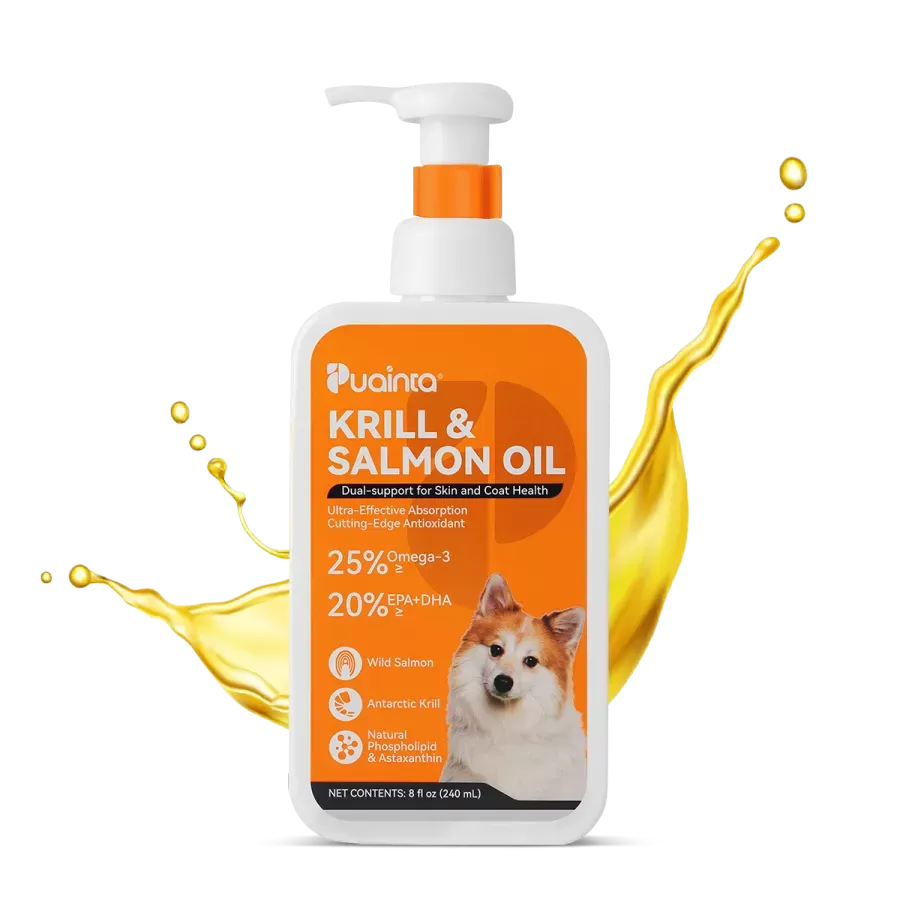
Puainta® Fish Oil For Dog,Krill Salmon Oil,Omega 3 Supplement

Puainta® Dental Powder, Teeth Cleaning Tartar Remover Cat And Dog
What Pet Parents Are Saying
Take more videos of pet usage, for a chance to be featured
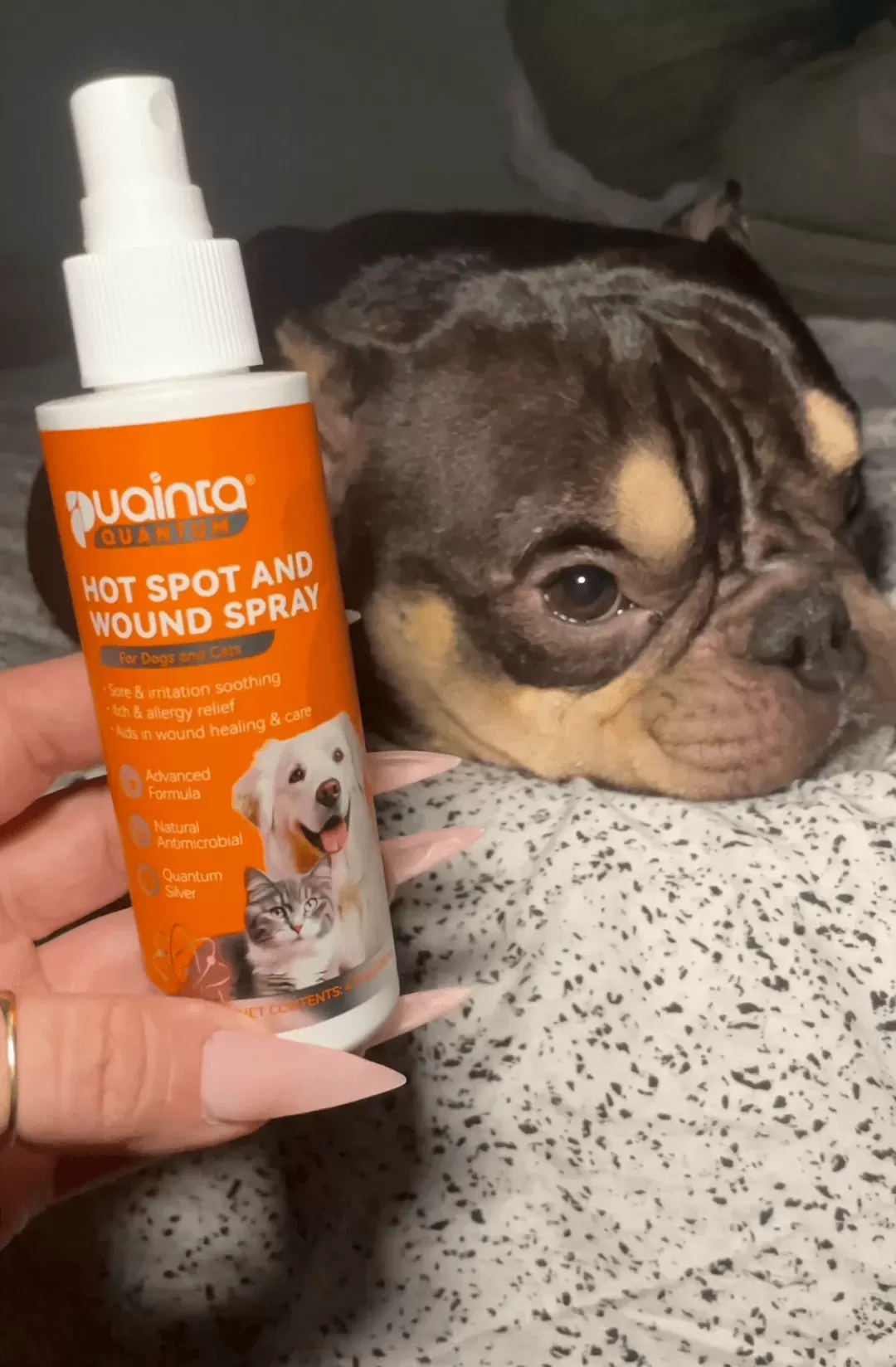
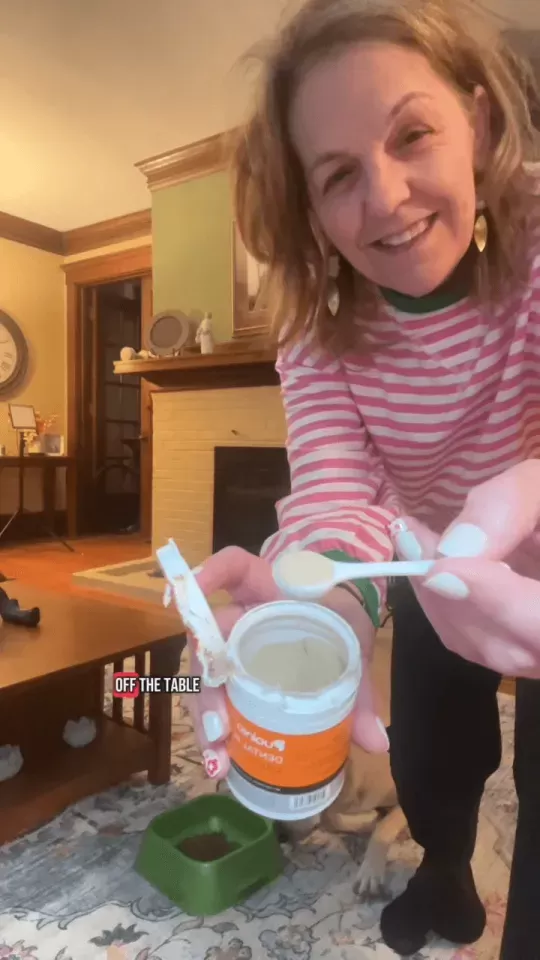

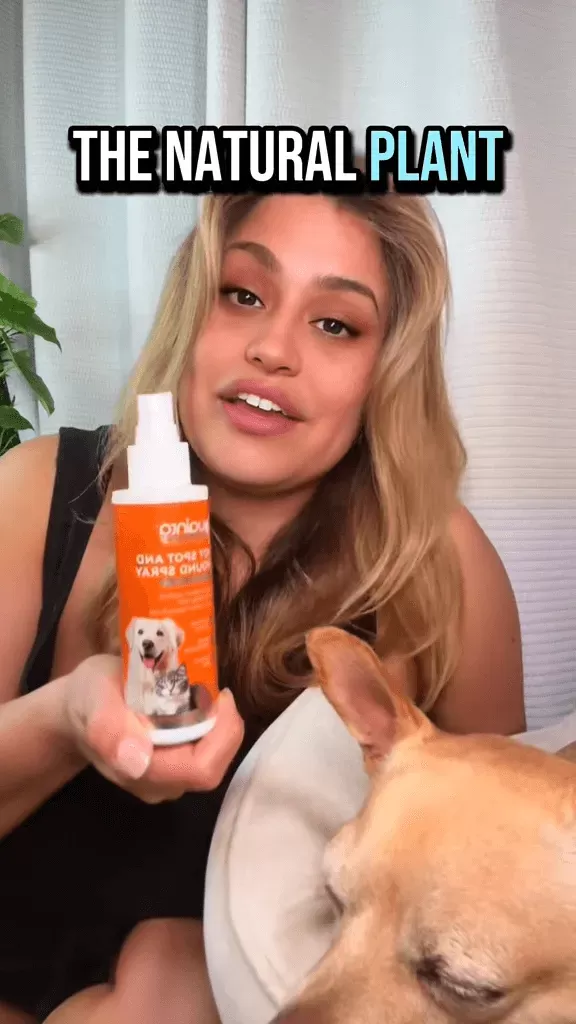
Join The Puainta
Become one of pet parents and get professional tips, immediate product info, updated promotions and discounts, and more surprises from us!

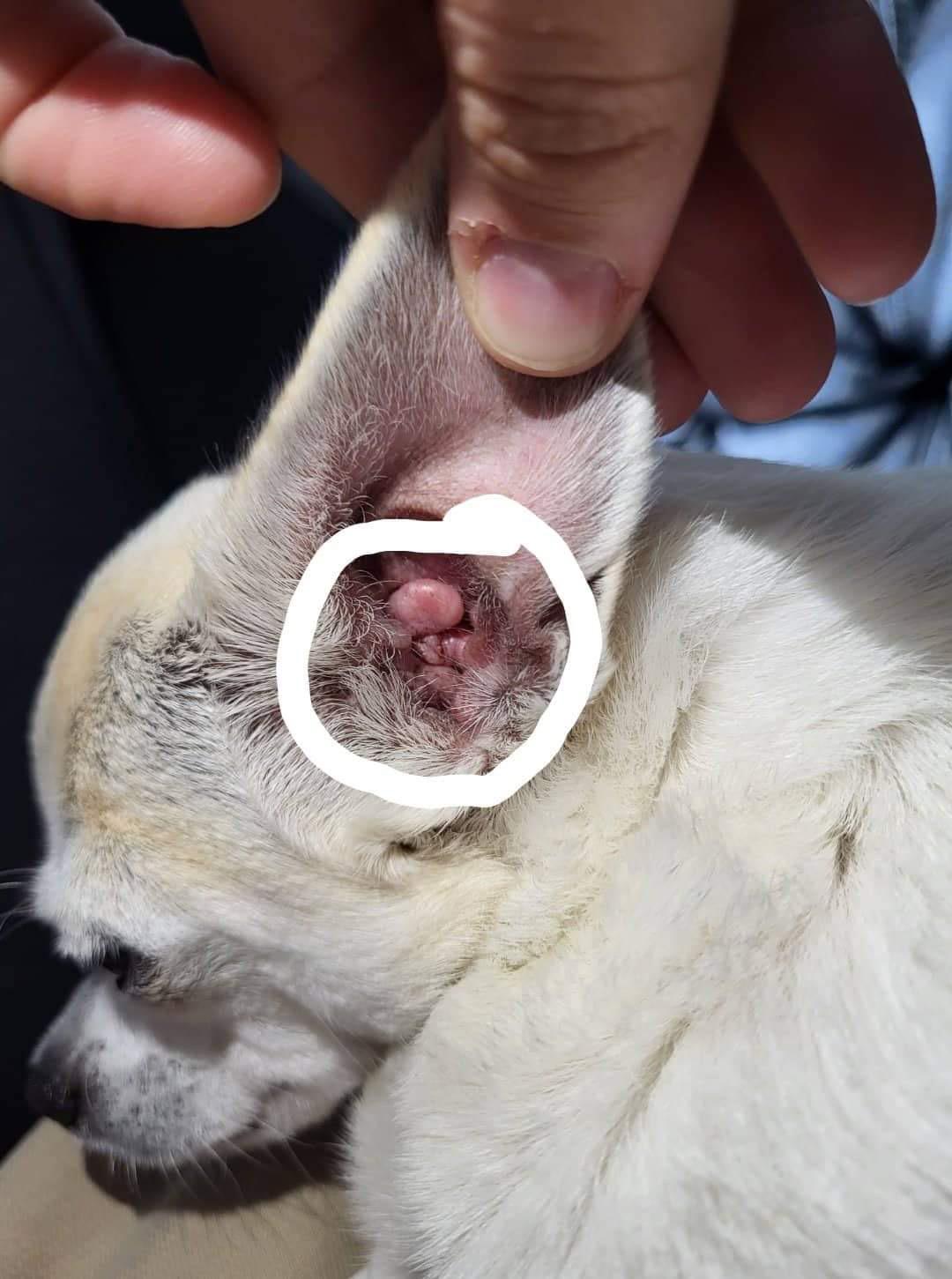
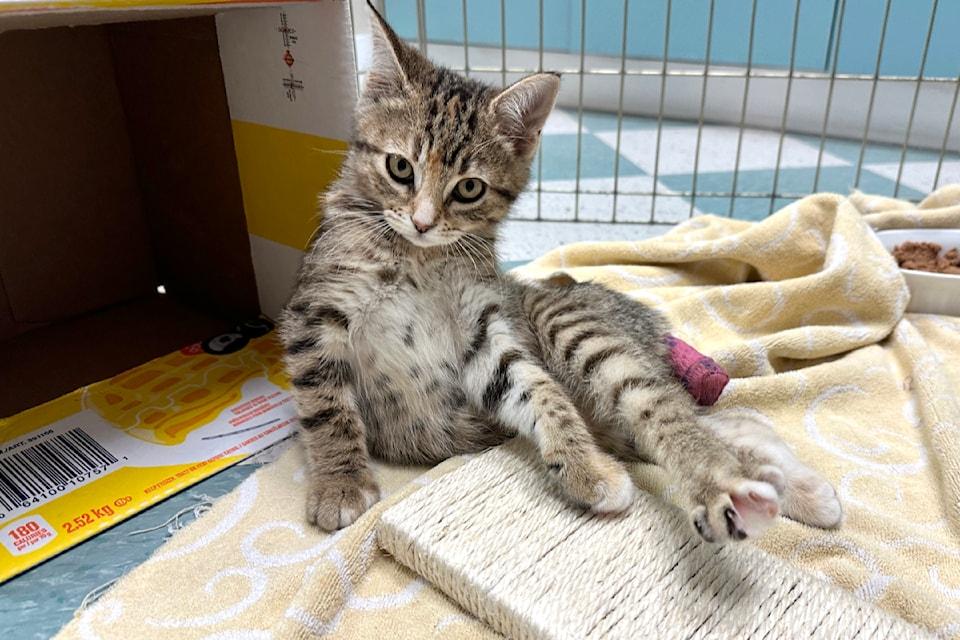
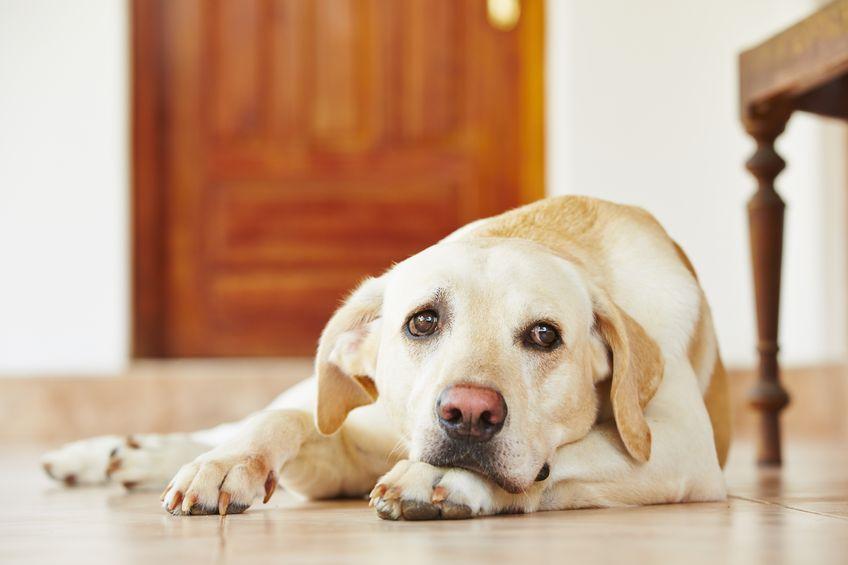

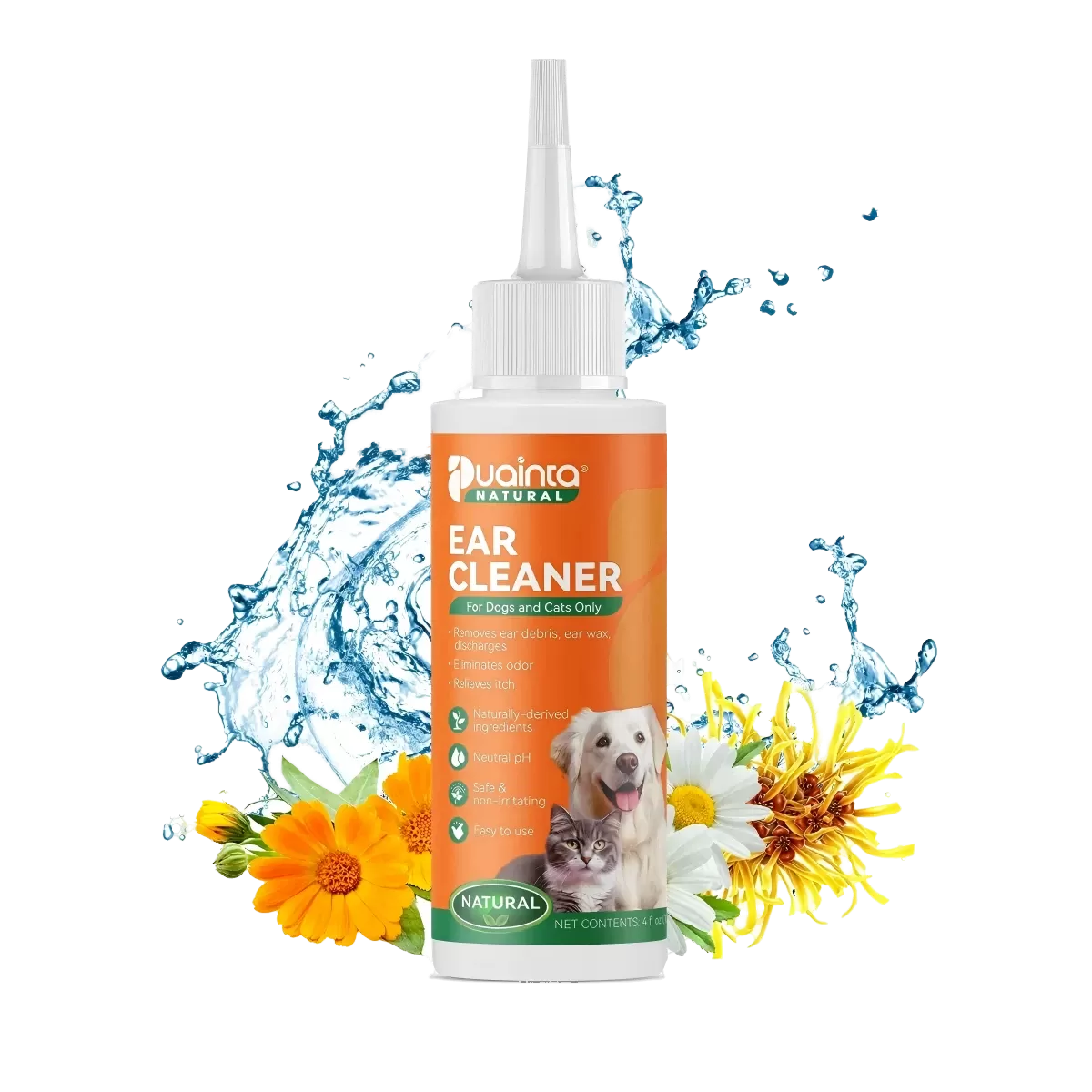
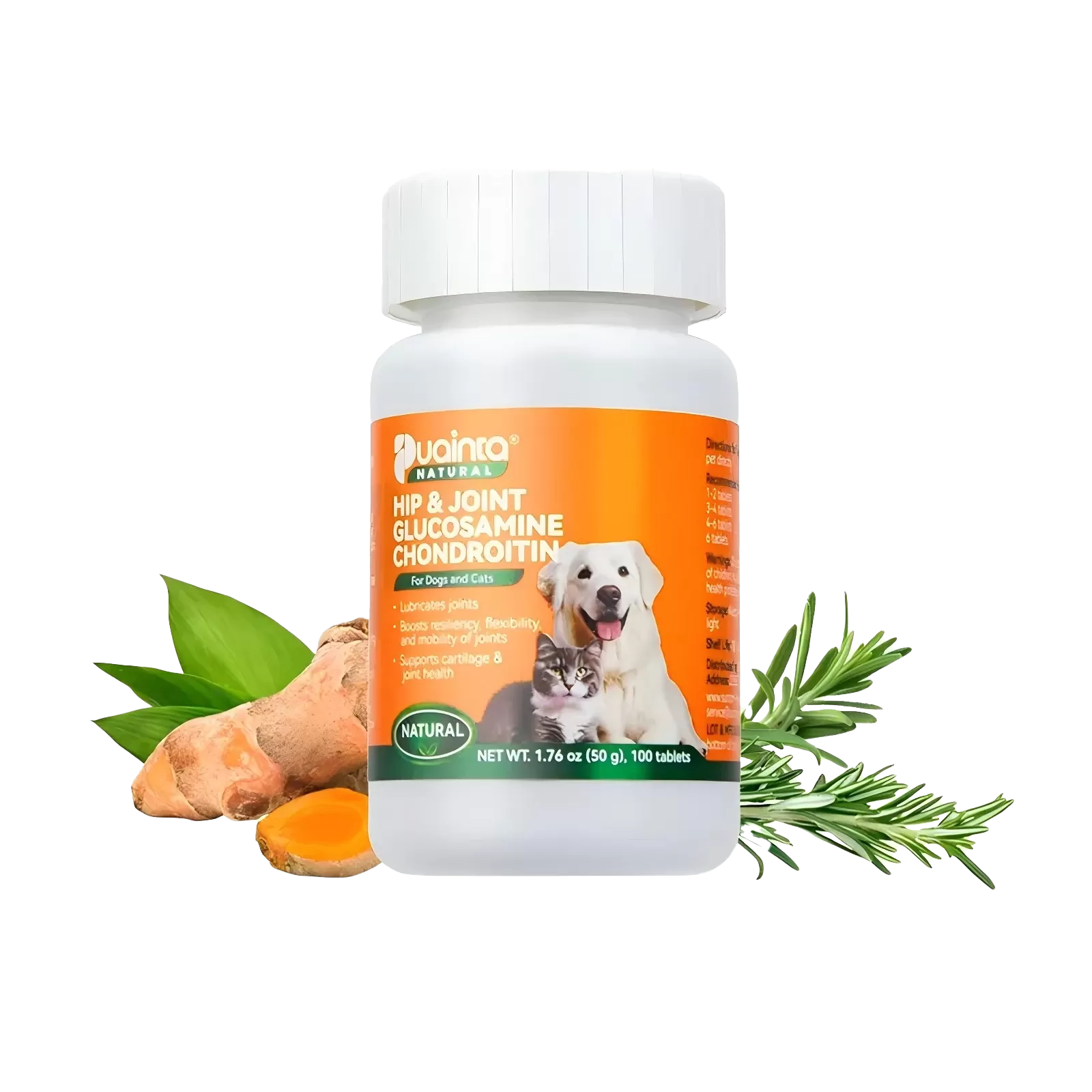








This site is protected by reCAPTCHA and the Google Privacy Policy and Terms of Serviceapply.